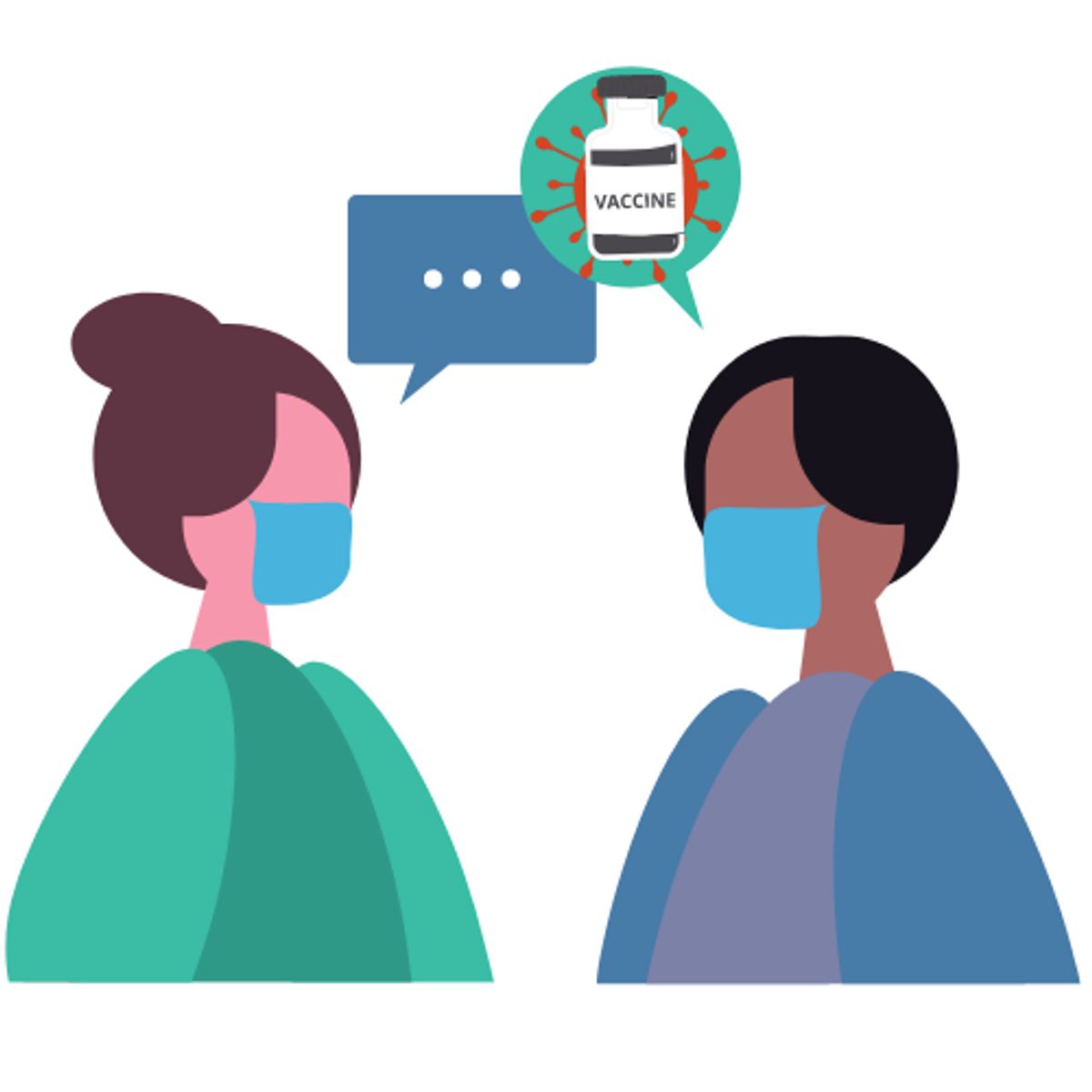Back to Courses









Public Health Courses - Page 15
Showing results 141-150 of 196

A Guide to Healthcare Innovation: Principles and Practice
This course reflects on global health challenges and the role of innovative solutions in addressing them. By engaging in this course, you will be able to describe the principles and key types of innovation in order to characterise the fundamental features of new models of care and technologies.
This course will review the basic features and principles of healthcare innovation. You'll be examining innovations developed to address global health challenges, ranging from simple low-cost technologies readily deployed in resource constrained settings to more complex combinations of organizational, business model and technology innovations. Throughout this course, you'll also consider how adoption and diffusion is influenced by social, economic and political factors and explore what is required to get an innovation in to practice, effectively, at scale.

Understanding Patient Perspectives on Medications
Inappropriate use of medicines harms patients' health and increases healthcare costs. When healthcare professionals and patients engage together, healthcare can be based on the patient perspective, so the use of medicines is better tailored to each patient's needs and preferences. The result is a better relationship between patients and healthcare professionals, more appropriate medicines use, improved patient outcomes, and reduced healthcare costs.
In this course you will learn about the patient perspective on medicines use, and how to explore and apply it in healthcare and health policy. The course is related to the course Patient Perspectives on Medications: Qualitative Interviews, but each course can be taken separately.
The course, Understanding Patient Perspectives on Medications, is created by Anna Birna Almarsdóttir, Lotte S. Nørgaard, Sofia K. Sporrong, Lourdes Cantarero-Arevalo, Anne Gerd Granas, Johanne M. Hansen, Martin C. Henman, Solveig N. Jacobsen, Susanne Kaae, Katja Taxis and Ramune Jacobsen.

Health Behavior Change: From Evidence to Action
Humans often fail to make rational decisions that affect their health. This course seeks to heighten understanding of the social and behavioral factors that contribute to health decisions and behaviors, with an ultimate goal of learning how to utilize these factors in improving public health efforts. Through a set of experiential learning exercises, students will learn to apply the science of health behavior change in their own lives. The course is appropriate for students interested in health care and public health, as well as individuals who are interested in learning to apply the science of behavior change to improve their personal wellbeing.

Tobacco Control: Agile Policy, Research and Practice
This course teaches you about the global health harms caused by tobacco and the efforts underway to combat these. You'll analyse the strategies and tactics used by the tobacco industry, and their allies, to keep people buying their products, and you'll reflect on the role played by public health research in pushing back against this pressure with the ultimate aim of improving health.
No matter your previous experience in this area, by the end of this course, you'll be able to describe the global harm to health caused by tobacco use and how policy is responding to this. You'll also be able to critique tobacco industry strategies that undermine tobacco control and discuss ways in which robust and timely research in strengthening tobacco control is key to policy and practice.

Lactation Biology
Lactation and especially milk, which is the product of that unique mammalian process, are routinely encountered within our daily lives. Nevertheless, they often are poorly understood by many, even including many who are engaged in the business of producing milk. The overall course goal is to introduce fundamental concepts that form the basis for understanding the biology of lactation, the biology of the mammary gland, and the products of that important physiological process.
As a learner in this course, you will be provided with a series of easily understood presentations that collectively will help you build a foundation for greater understanding of lactation. You will be able to engage with other learners so that you can extend your learning beyond the video presentations. Ultimately, you will be able to construct your own mental model for understanding the wide range of topics that relate to the biology of lactation. Upon completion of the course, you will be prepared to expand your knowledge and understanding of lactation from other sources and experiences as you pursue your individual interests.
Before you start the course, I suggest that you identify a question or several questions about lactation that you already have on your mind. This could be from your own experiences, something you read about or saw, or something you have wondered about. Write down your question(s) and use that to help you decide how to engage with the content of this course. You might engage with the modules in the order they are presented, or start with a module that is of particular interest to you, or pick and choose modules in any order. I encourage you to engage in all of the types of learning activities that this course has to offer, including but not limited to, the discussion forums, quizzes, peer-review assignments, and concept maps and other learning aids.

Survival Analysis in R for Public Health
Welcome to Survival Analysis in R for Public Health!
The three earlier courses in this series covered statistical thinking, correlation, linear regression and logistic regression. This one will show you how to run survival – or “time to event” – analysis, explaining what’s meant by familiar-sounding but deceptive terms like hazard and censoring, which have specific meanings in this context. Using the popular and completely free software R, you’ll learn how to take a data set from scratch, import it into R, run essential descriptive analyses to get to know the data’s features and quirks, and progress from Kaplan-Meier plots through to multiple Cox regression. You’ll use data simulated from real, messy patient-level data for patients admitted to hospital with heart failure and learn how to explore which factors predict their subsequent mortality. You’ll learn how to test model assumptions and fit to the data and some simple tricks to get round common problems that real public health data have. There will be mini-quizzes on the videos and the R exercises with feedback along the way to check your understanding.
Prerequisites
Some formulae are given to aid understanding, but this is not one of those courses where you need a mathematics degree to follow it. You will need basic numeracy (for example, we will not use calculus) and familiarity with graphical and tabular ways of presenting results. The three previous courses in the series explained concepts such as hypothesis testing, p values, confidence intervals, correlation and regression and showed how to install R and run basic commands. In this course, we will recap all these core ideas in brief, but if you are unfamiliar with them, then you may prefer to take the first course in particular, Statistical Thinking in Public Health, and perhaps also the second, on linear regression, before embarking on this one.

Global Sodium Reduction Strategies
This course will help guide policy makers, advocates, and program managers as they design, plan, and implement sodium reduction interventions to protect public health. We invite you to see what interventions have been proven at scale, what shows promise, and what lessons have been learned along the way from the implementation of sodium reduction strategies all around the globe. Our emphasis is implementation in settings with resource constraints. There are nine modules in this course. The first two modules set the stage with information on the science of sodium and context for lowering intake at a population level; the next five modules describe specific interventions; and the final two modules discuss comprehensive strategies in the wider context of public health, as well as tools for monitoring and evaluating interventions.
Global Sodium Reduction Strategies was created by a team at the Johns Hopkins Bloomberg School of Public Health and is supported by the Resolve to Save Lives Initiative.

COVID Vaccine Ambassador Training: How to Talk to Parents
Vaccination is a key strategy for preventing serious illness and death from COVID-19. COVID-19 vaccines are available for children 5 and older, but many parents have questions about vaccinations. This training course prepares parents of school-age children, PTAs, community members, and school staff to be Vaccine Ambassadors and promote vaccine acceptance in their communities. After completing the course, Vaccine Ambassadors will be able to share knowledge about COVID-19 and the COVID-19 vaccine, engage in conversations about vaccine hesitancy in a respectful and empathetic way, and direct people to credible sources for further information about COVID-19 vaccines.

Fundamentals of Immunology: Dueling with the Dark Side
Fundamentals of Immunology, Course 4: Dueling with the Dark Side, covers the constant battle between your immune system and threats to your health. The first two lectures discuss viral and cellular pathogens, focusing on specific tactics they use to deflect immune attack. Next, a cheerier lecture describes other immune-based therapies, beginning with the use of engineered antibodies to treat specific diseases. This lecture continues with vaccine development (viral-engineered, killed, RNA-component vaccines and more) and adjuvant function and ends with vaccination strategies, including herd immunity and resisting the anti-vaccination movement. The last two lectures cover immune deficiencies and how cancer evades the immune system, concluding with advances in using immune therapies (antibodies and CAR T cells) to cure cancer.

Applying Participatory Approaches in Public Health Settings
This course specifically explores approaches and tools and how to apply them in public health settings. Students will learn how to critically analyse the power dynamics present between multidisciplinary stakeholders and appreciate the need for reciprocity between those delivering and those receiving health care; between both those conducting and those participating in research. They will also learn how to select and evaluate different participatory approaches to apply these to public health programmes and/or research. Tools with which to do this include undertaking a stakeholder-mapping exercise and needs assessment, including a critical and reasoned narrative to justify the approach.
While this course, as with the rest of the specialisation, focuses on public health and ways of involving citizens and patients in programmes and research, these concepts apply to other disciplines too. So, you don't have to be a public health specialist or work in healthcare to gain insight from this course.
If you would like to learn more about the theories and core principles of participation within a public health context, we suggest taking Introduction to Participatory Approaches in Public Health. If you're planning a research project and want to learn more about participation in resaerchs, explore our course Public Involvement in Research.
Popular Internships and Jobs by Categories
Find Jobs & Internships
Browse
© 2024 BoostGrad | All rights reserved